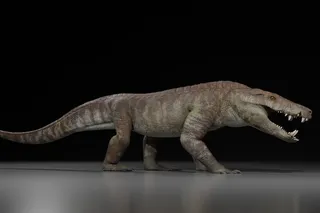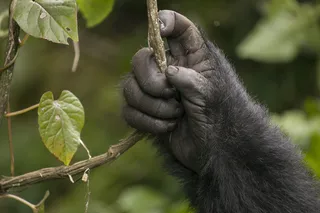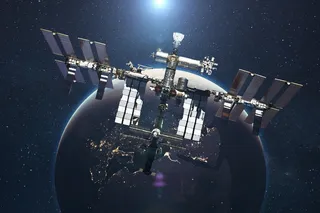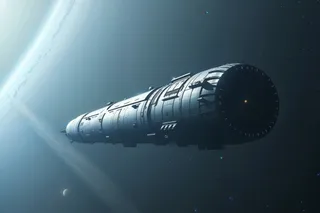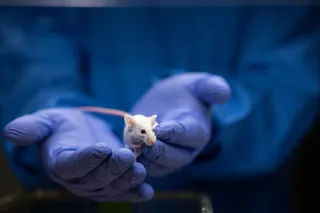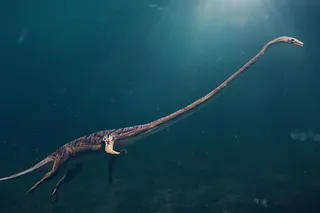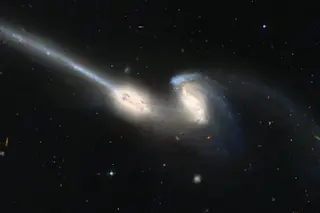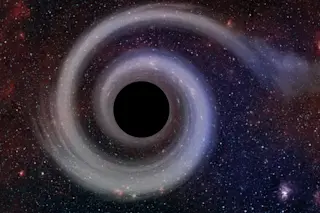If NASA ever wants to send astronauts on long-term space flights, it needs to know how radiation will affect the crew. Testing humans obviously isn't going to happen, so NASA is funding a round of experiments to study how radiation effects monkeys, the first time monkeys have been used as test subjects by NASA in decades.
The point of the experiments is to understand how the harsh radioactive environment of space affects human bodies and behavior and what countermeasures can be developed to make long-duration spaceflight safe for travelers beyond Earth's protective magnetic shield [Discovery News].
The monkey studies will advance previous radiation experiments with rats and mice and will focus on how radiation affects the monkeys' central nervous system.
Harvard Medical School's McLean Hospital in Boston. As you might expect, the experiment's funding announcement is causing a stir among animal rights groups like the Physicians Committee for Responsible Medicine ...




